News
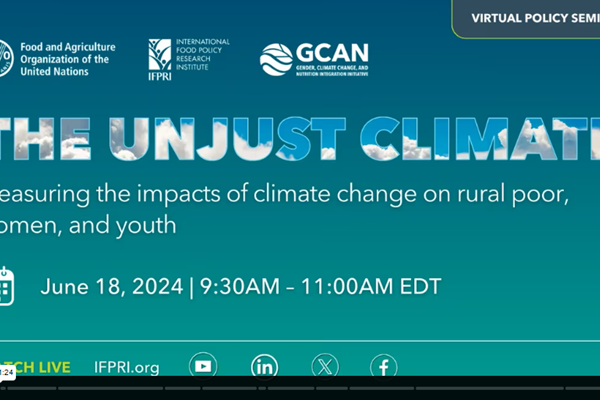
IFPRI Policy Seminar - The Unjust Climate: Measuring the impacts of climate change on rural poor, women, and youth
18/06/2024
Watch the IFPRI Policy Seminar on "The Unjust Climate: Measuring the Impacts of Climate Change on the Rural Poor, Women, and Youth," where speakers discussed key results from the report and hear from policymakers, practitioners, and partners on how they are working to generate relevant evidence and make a difference on the ground.
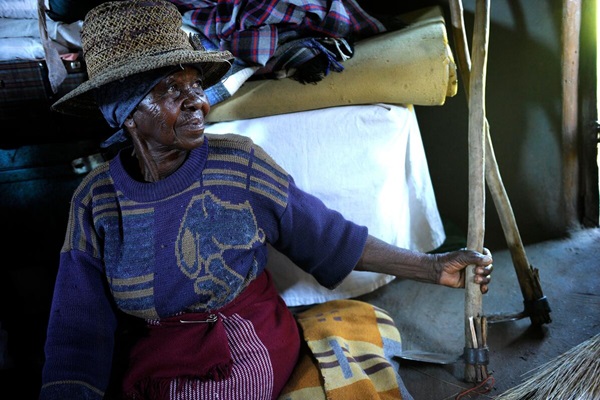
Do ‘Cash-Plus’ Transfer Programmes Empower Women Economically?
03/07/2024
At the conference "Feminist Economics Responses and Imaginations for the Future", which took place from 3 to 5 July 2024 at Sapienza University in Rome, the Food and Agriculture Organization (FAO) presented the article entitled "Do ‘Cash-Plus’ Transfer Programmes Have an Effect on Women's Economic Empowerment? Evidence from Combined Social Protection and Rural Development Interventions in Lesotho".
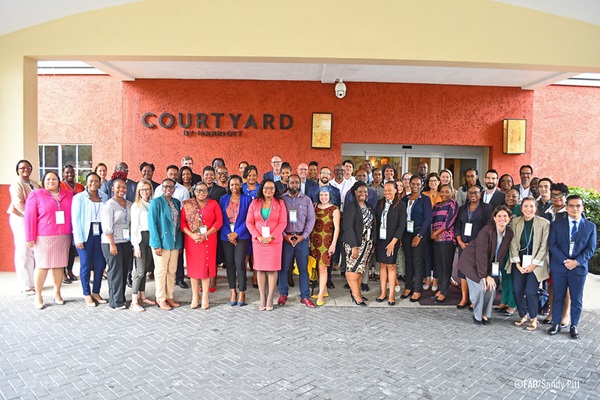
Strengthening Social Protection Systems in the Caribbean to Adapt to Climate Change
16/05/2024
The Regional Workshop "Strengthening Social Protection Systems in the Caribbean to Adapt to Climate Change: Opportunities and Challenges" underscores the critical role of social protection in enhancing resilience against climate change impacts and natural disasters.
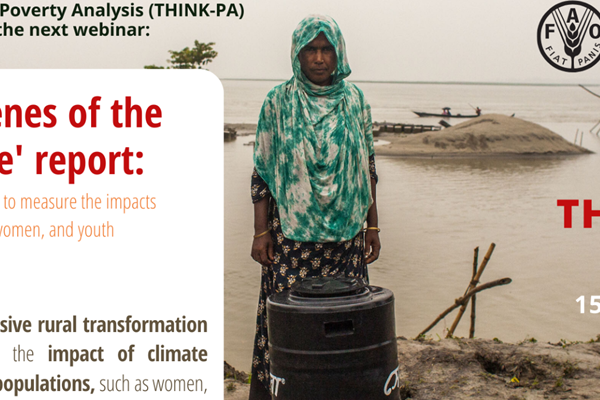
Think-PA Webinar: Behind the scenes of the 'Unjust Climate'
18/04/2024
Behind the Scenes of the "Unjust Climate" Report: A Review of the Data and Tools Used to Measure the Impacts of Climate Change on the Rural Poor, Women, and Youth
.tmb-th600x400.png?Culture=en&sfvrsn=bba167fc_2)
Think-PA seminar on Well-being Dynamics in Sub-Saharan Africa: A Spatial Perspective across territorial typologies
19/03/2024
In sub-Saharan Africa, limited detailed data hinders efforts to track poverty trends spatially. Authors use the ATLAS-AI dataset to study welfare dynamics, considering factors like market proximity. The webinar will discuss findings and policy implications for poverty reduction strategies in the region.

Integrating Environmental and Socioeconomic Domains for Sustainability
05/03/2024
The 4th IEO-EED Conference focused on how evaluation practice has increasingly integrated the cross-pollination of environmental, socioeconomic, and policy domains. Conference panelists brought a wealth of knowledge on active efforts to develop evaluation approaches and methods that better reflect the varied and complex relationships of the natural world and the larger systems in which evaluands are measured.
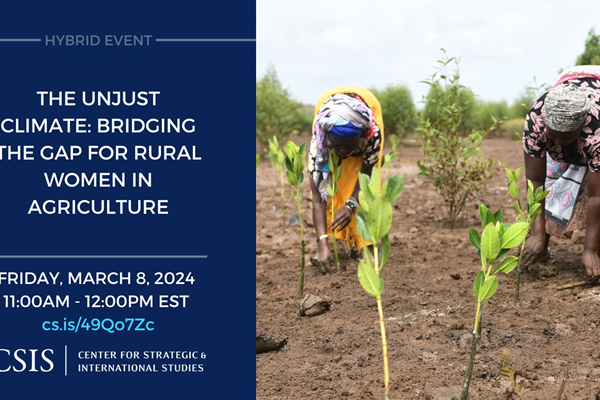
The Unjust Climate: Bridging the Gap for Women in Agriculture
08/03/2024
The CSIS Global Food and Water Security Program held a discussion on Friday, March 8 at 11:00 AM EST to address the unequal impacts of climate change on rural women in agriculture and the critical investments needed to address these disparities.
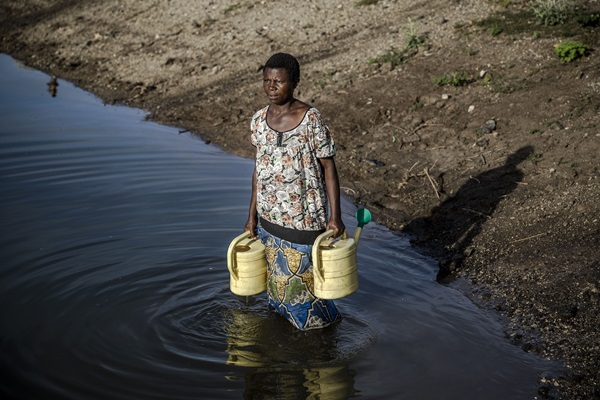
Why rural women pay the highest price of the climate crisis - Podcast
05/03/2024
Climate change disproportionately impacts women farmers in low- and middle-income countries, causing billions of dollars of losses among female-headed farming households. This is the main finding of FAO's "The Unjust Climate" report, explains in this interview Lauren Phillips, Deputy Director of the Rural Transformation and Gender Equality Division of the Food and Agriculture Organization of the United Nations (FAO).
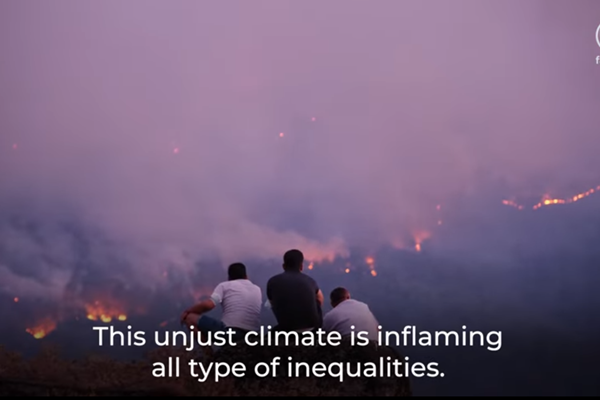
The unjust climate - Video
05/03/2024
The unequal impacts of climate change on countries, communities, and individuals undeniably pose a critical global challenge. Despite contributing minimally to the climate crisis, low- and middle-income countries bear the brunt of the consequences, particularly in rural areas where people heavily rely on agrifood systems and natural resources for their livelihoods.
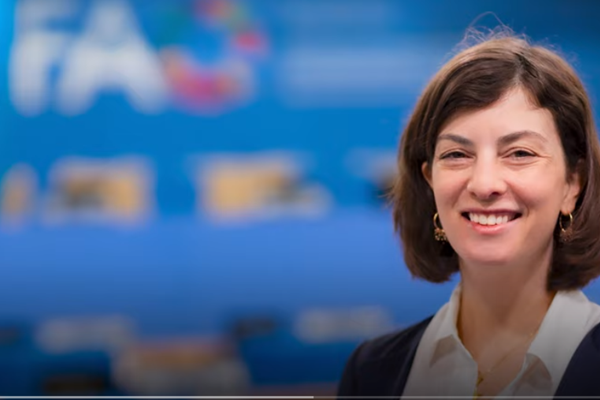
Tackling the gender gap is crucial to fight food insecurity and the climate crisis
05/03/2024
The groundbreaking FAO report “The Unjust Climate: Measuring the impacts of climate change on the rural poor, women and youth” shows that climate change disproportionately impacts women farmers in low- and middle-income countries. In this interview, Lauren Phillips, Deputy Director of the Rural Transformation and Gender Equality Division of the Food and Agriculture Organization of the United Nations (FAO), says this gender gap causes billions of dollars of losses among female-headed farming households and widens the income gap among the rural poor.
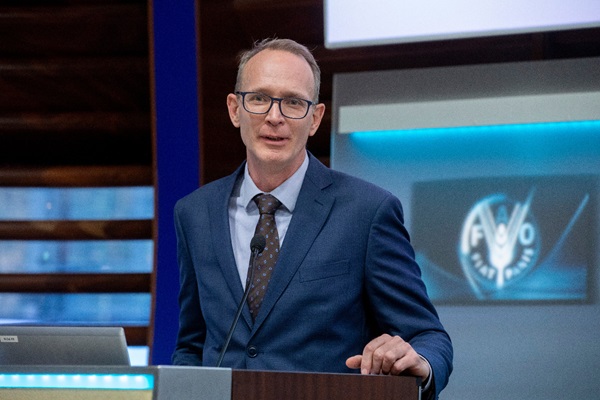
Launch of The Unjust Climate Report
05/03/2024
Watch the launch of the new FAO report Unjust Climate - Measuring the impacts of climate change on the rural poor, women and youth.

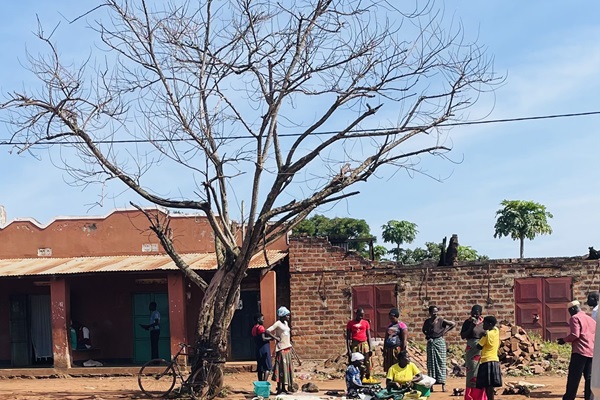
Midline Data Collection for the Impact Evaluation of the RAVES Project in Uganda
26/05/2023
In May, FAO (Food and Agriculture Organization) conducted the midline data collection for the impact evaluation of the Refugee Agricultural Value Chains for Economic Self-reliance (RAVES) project, in Uganda to assess its impact on the well-being of refugees and host communities.
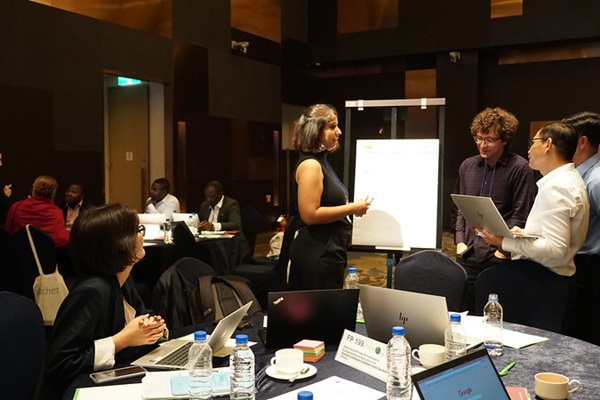
Learning-Oriented Real-Time Impact Assessment (LORTA) Workshop
28/08/2023
FAO recently contributed its expertise to the Learning-Oriented Real-Time Impact Assessment (LORTA) program of the Green Climate Fund Independent Evaluation Unit during a workshop in the Republic of Korea.
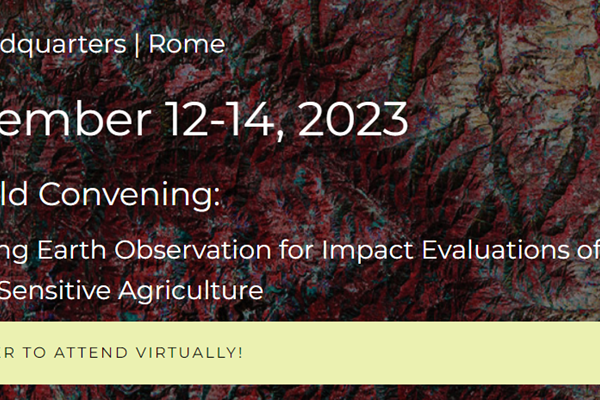
GeoField Convening: Leveraging Earth Observation for Impact Evaluations of Climate-Sensitive Agriculture
12/09/2023
On September 12-14, 2023, participants experienced the GeoField Convening. This event, which featured both in-person and hybrid participation, delved into geospatial data visualization, remote sensing, and agricultural impact evaluations. Attendees explored presentations such as "Wellbeing Dynamics in Sub-Saharan Africa: A Spatial Perspective Across Territorial Typologies" within the subpart on "Using Geospatial Data for Targeting and Guiding Agricultural Investments." They were part of advancing geospatial methods in agriculture and development research.
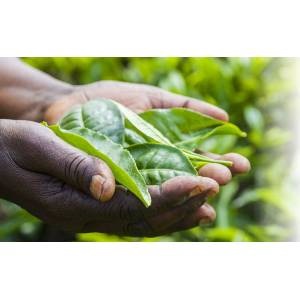
Working & Networking on Climate Change and Innovation for Sustainable Agrifood Systems
26/06/2023
FAO participated to the “Working & Networking on Climate Change and Innovation for Sustainable Agrifood Systems" workshop. It was organized by IFAD and the University of Palermo. It took place on June 26 in Palermo.
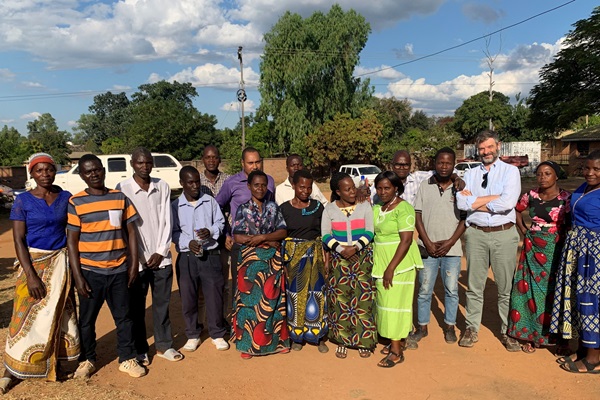
Building Resilience: Assessing the Impact of FAO's Climate Action Project in Sub-Saharan Africa
17/07/2023
The Food and Agriculture Organization (FAO) has launched the Four-Year project on “Promoting coherence between disaster risk reduction, climate action and social protection in Sub-Saharan Africa”, targeting 2,400 farmers residing in the Neno and Mwanza districts of southern Malawi.
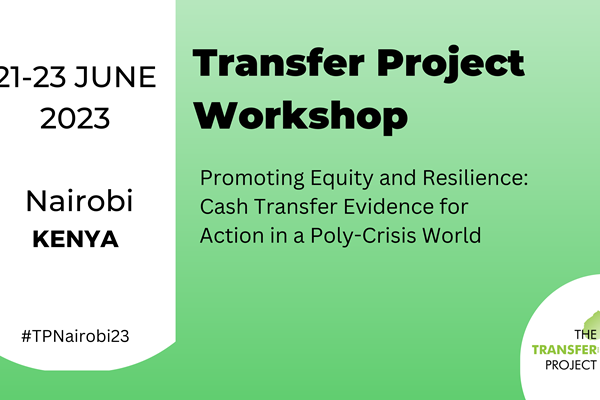
Transfer Project Workshop 2023
20/06/2023
Under the theme of "Promoting Equity and Resilience: Cash Transfer Evidence for Action in a Poly-Crisis World," this workshop reflected on the invaluable lessons learned from the COVID-19 pandemic, shedding light on the capacity of national cash transfer and social protection systems to respond to diverse crises.
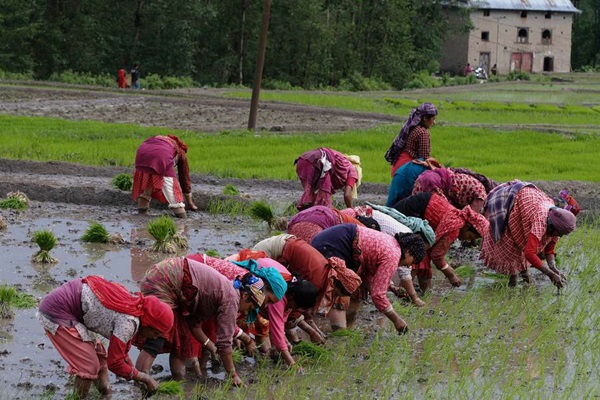
Should climate funds be used for social security?
15/05/2023
If financial assistance to address climate change is used more for the social protection of rural communities, it will facilitate more equitable adaptation – and ultimately strengthen climate protection.

COP 26 - Climate change and adoption of adaptation options: measuring, generating evidence and drivers
10/11/2021
The event presented and debated concrete options and examples on what practical implementation means in terms of adoptions of adaptation options, of impacts of adoptions on production and resilience and on the role of behavioural and subjective perception versus what institutions can do to support or facilitate adoption and adaptation choices.
